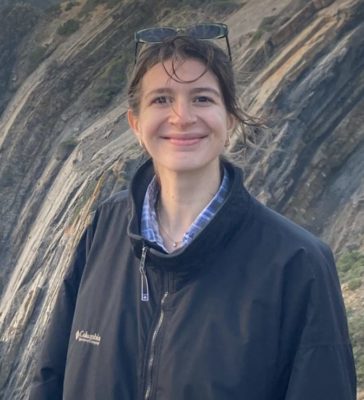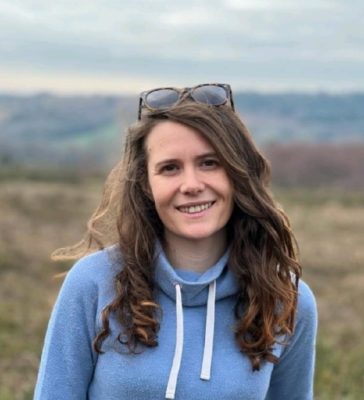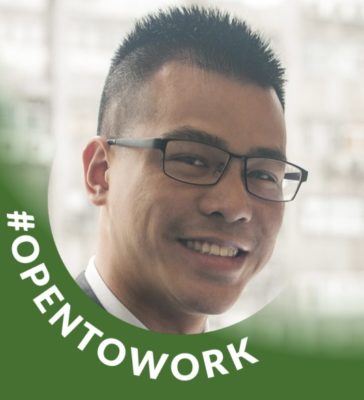
Rachel Lennon
Current Employer/Organisation Name
University of Glasgow
What have you been doing since leaving Exeter, and what are you doing now?
After leaving Exeter I moved to Glasgow to start a PhD in marine animal health with the Scottish Marine Animal Stranding Scheme (SMASS). The focus of my research is to use pathology data from stranding reports of marine mammals across Scotland to inform on the health of their populations. I will be using data from SMASS to model patterns and temporal trends in stranding events. By understanding and monitoring these trends, shifts can be detected and analysed to identify emerging threats or changes in known stressors. I will also be using pathology datasets from post-mortem reports of necropsied animals to look at the impact of disease, contaminant and anthropogenic stressors on marine mammal health. This will allow for a better understanding of the impact of known stressors and how they can be mitigated.
I also help with SMASS by assisting in necropsies and assisting in strandings coordination and manning the phones on occasion. I have really enjoyed this part of my work as I get to interact with the public who are calling in a stranding and are interested in our work and what has happened to the animal. It’s also a great opportunity to work with the amazing SMASS volunteers who help to obtain samples and get access to carcasses. It’s been great to be a part of SMASS and learn from the amazing team.
Why did you choose this career? And what do you enjoy most about your work?
After my course at Exeter, I was really interested on the effects of stressors. My dissertation looked at the impact of marine noise, but I wanted to know what the impact was from all the many threats faced by marine animals. This PhD aims to understand exactly that and allows me to use real data sets to model marine animal health in response to cumulative effects, allowing us to better understand how animals in the UK are being impacted. I work with strandings data and pathology reports from post-mortems so a lot of the biology is new to me, but I really enjoy learning about the necropsies and trying to model the pathology. Knowing that my analyses may be useful for conservation in the future is also a big highlight for me.
What did you enjoy most about your programme/the University and what was the biggest highlight?
I enjoyed the weekly talks we had by different people in the field, they were always interesting and a great opportunity to hear about different projects and approaches to marine research. But my highlight was definitely the first boat trip of the year – we saw minke whales, porpoises, common dolphin, seals and a basking shark all in one day!
Why did you choose to study this course?
I’ve always loved marine animals but my undergraduate degree in Biology took me down a different route, during lockdown I was working in a pharmaceutical lab but spending most of my free time reading books about the sea and attending online webinars on marine mammal conservation. I found it so interesting and decided that I should take the leap and go back to studying, and this course ticked all my boxes.
What skills and experiences have been most useful for your career?
For me, the statistics course with Erik Potsma was really useful, he explained concepts so well and helped me to understand the analysis I was doing and feel confident when learning new techniques. In my PhD I’m now starting to work with machine learning models and its all building on from the solid foundation from my MSc course.
What advice would you give to a current student who wishes to pursue your career?
Seize every opportunity! There is so much to do in Falmouth and all of it is so beneficial. Go to the monthly Sea Watches, go out to stranding events with BDLMR, volunteer with FMC, anything you can do will increase your knowledge, skills and is also likely to bolster your passion and get you in touch with people who are interested in the same things as you and may be helpful later on!
What are your plans for the future?
I want to continue working with marine mammals, particularly working to better understand the stressors they face and how to best mitigate them.

